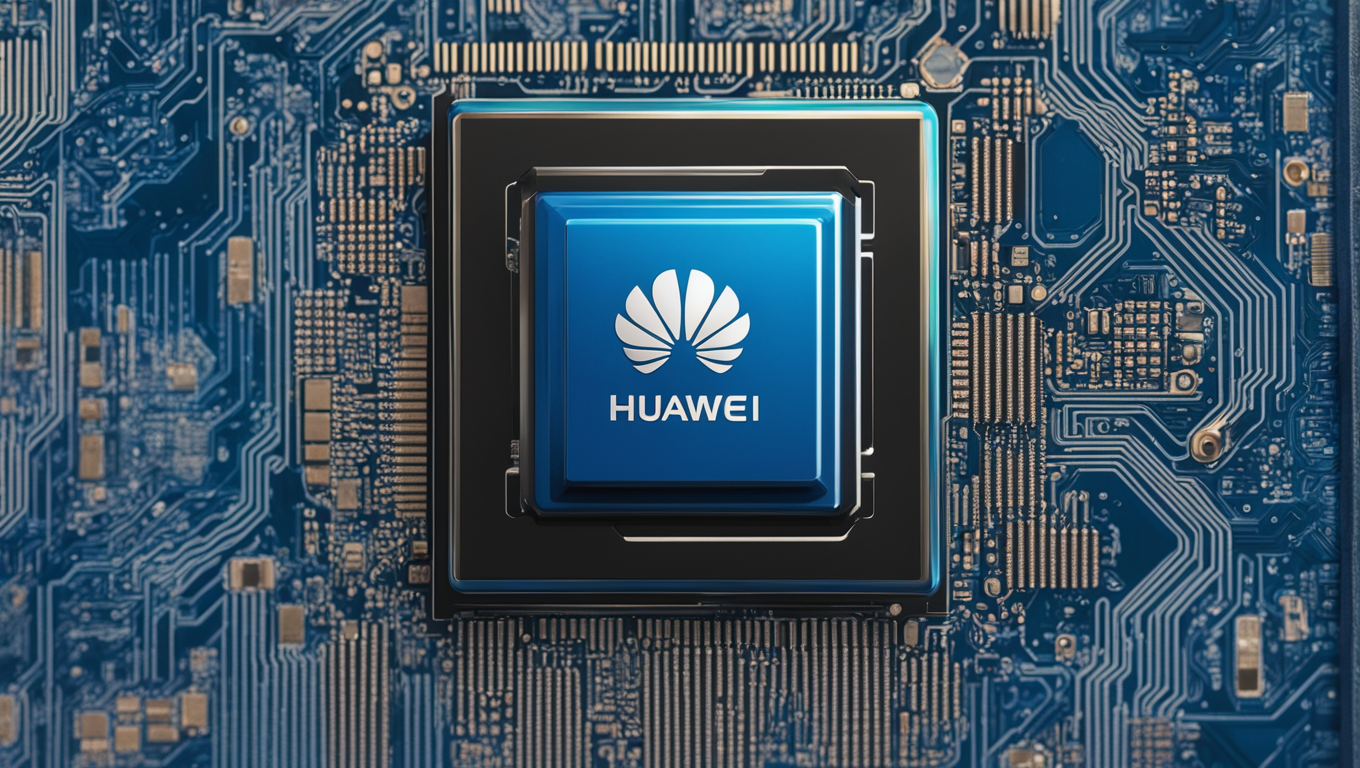China’s Huawei is defying chip shortages caused by US restrictions and is set to mass-produce its groundbreaking Ascend 910C AI chip by the first quarter of 2025. The company has sent samples of the chip, which aims to rival those made by US AI chipmaker Nvidia, to select technology firms and has already begun taking orders. Despite facing significant obstacles due to the US-China trade tensions, Huawei remains determined to push the boundaries of technological advancement.
Huawei’s development of the Ascend 910C is a crucial step towards its goal of establishing itself as a leader in the AI chip market. However, the US restrictions have made it challenging for Huawei to meet the yield requirements necessary for commercial viability. An anonymous source revealed that the yield for the chip is currently only at around 20%, with a minimum of 70% needed for commercial viability. Even Huawei’s current most advanced processor, the 910B, has a yield of only around 50%.
The 910C chip is being manufactured by SMIC, China’s top contract chipmaker, using its N+2 process. However, the limited availability of advanced lithography equipment has hindered the chip’s yield. This setback has led Huawei to prioritize strategic government and corporate orders due to the absence of a short-term solution.
US restrictions on China have not only affected Huawei but have also impacted other Chinese technology companies. These companies have experienced similar problems with chip production and delivery. The restrictions include not allowing China to acquire extreme ultraviolet lithography (EUV) technology from Dutch manufacturer ASML, which is crucial for producing advanced processors.
Furthermore, ASML has ceased shipping its most advanced deep ultraviolet lithography (DUV) machines to China due to regulations imposed by the Biden administration. This has created a supply chain gap for Chinese chip manufacturers, making it challenging to keep up with the ever-increasing demand.
To overcome these challenges, Huawei has supplemented its SMIC-made chips with those produced by Taiwanese chip-making giant TSMC. This move ensures that Huawei can continue to meet the demands of its customers. However, TSMC recently found itself entangled in the trade tensions, with one of its chips being discovered in a Huawei process. The discovery prompted the US Commerce Department to place Huawei on a trade list, requiring suppliers to obtain licenses for any shipments to the company.
The Biden administration has further tightened restrictions by ordering TSMC to halt shipments of advanced AI chips to Chinese customers, primarily targeting the diversion of chips to Huawei. The US is also planning export controls on the semiconductor industry, which will impose further restrictions on shipments to Chinese companies.
As the US-China trade tensions continue to escalate, the impact on technological development is becoming increasingly apparent. While Huawei remains committed to pushing the boundaries of technological innovation, it must navigate these challenges as it strives to establish itself as a leader in the AI chip market. The determination and resilience exhibited by Huawei are indicative of the company’s unwavering dedication to its vision of transforming the future of technology.





Use the share button below if you liked it.